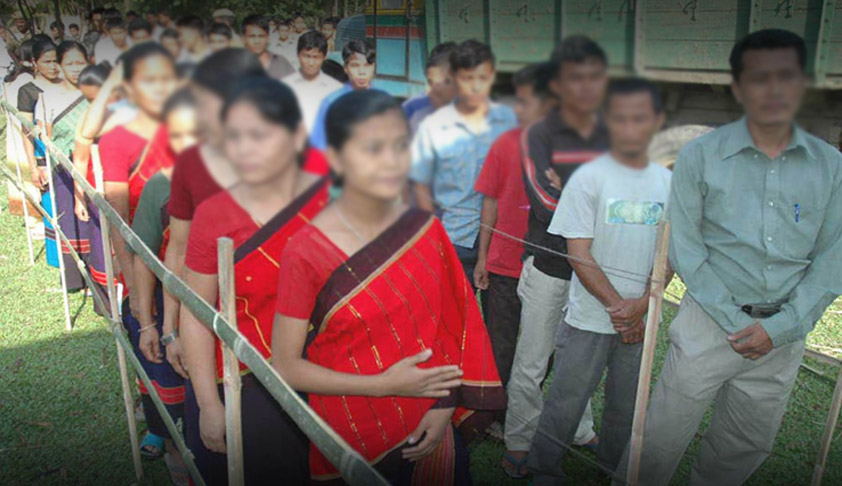Finalize conferment of Citizenship Rights on eligible Chakma and Hajong Tribals of AP: SC to Centre and State Govt.
Apoorva Mandhani
18 Sept 2015 5:12 PM IST

Next Story
18 Sept 2015 5:12 PM IST
The Supreme Court on Thursday directed the Centre and State Government to finalize the conferment of citizenship rights on eligible Chakma and Hajong Tribals who migrated to India in 1964-1969 and were settled in the State of Arunachal Pradesh.The Bench, comprising Justice Anil R. Dave and Justice A.K. Goel also directed that steps be taken for protection of their life and liberty and...
